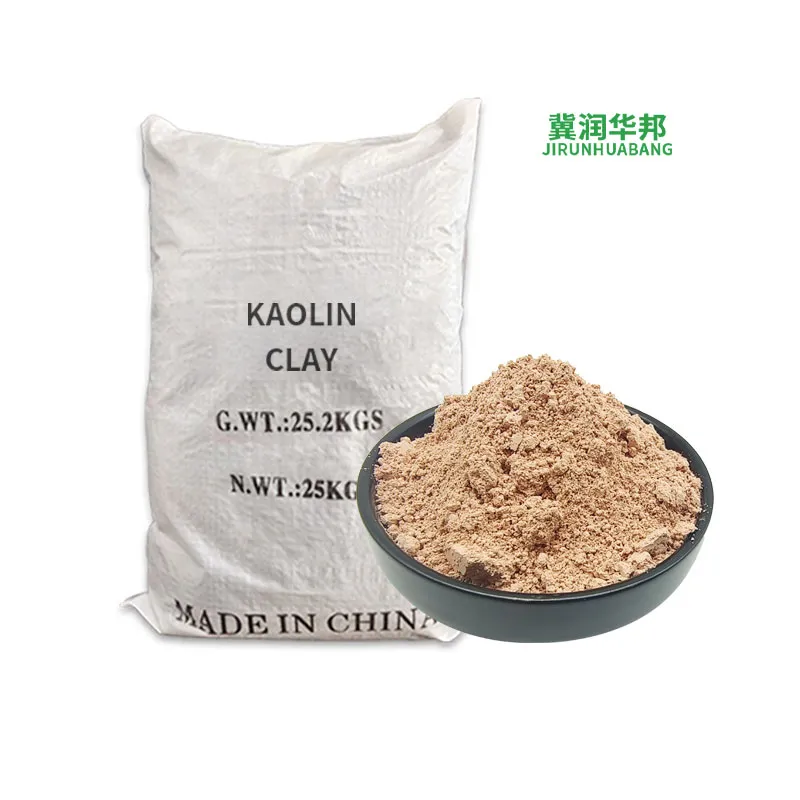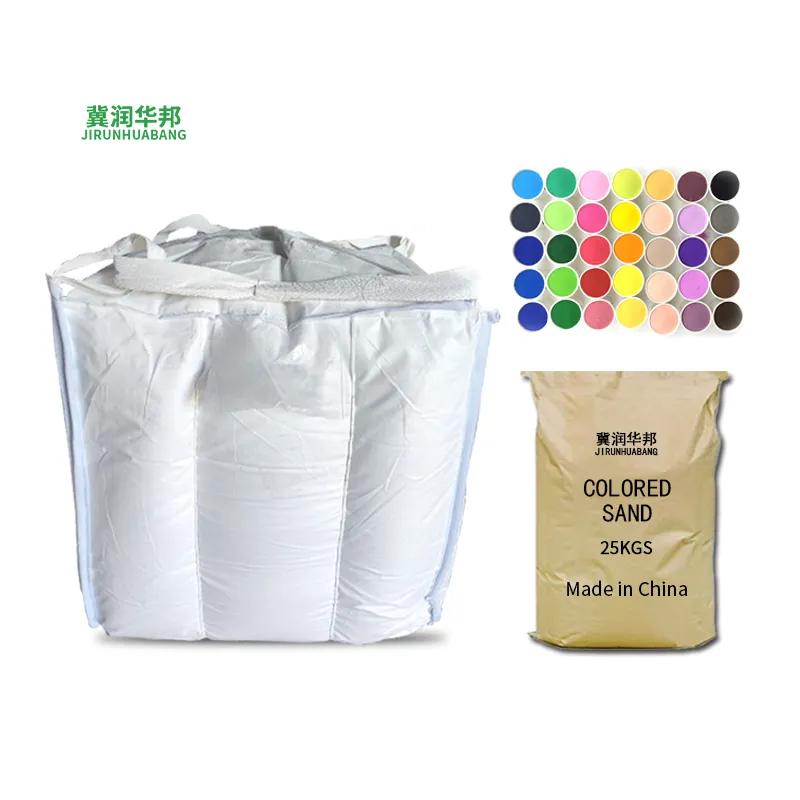Best Bentonite Price & Bulk Deals Sodium Bentonite & Clay Powder Cost Per Ton
Back to list
- Comprehensive introduction to bentonite price
trends and market influence factors - Breakdown of sodium bentonite price per ton with global benchmarks
- Bulk purchasing strategies for bentonite clay and pricing benefits
- Key factors shaping bentonite clay powder price, including purity and processing
- Manufacturer comparison: quality, logistics, and after-sales support
- Custom formulations and tailored bentonite sourcing solutions
- Market impact and future outlook for bentonite price worldwide

(bentonite price)
Unraveling Bentonite Price: Influencing Market Forces and Key Data
Bentonite price remains a focal point for numerous industrial buyers across sectors such as foundry, drilling, construction, and agriculture. The market for this versatile clay mineral is influenced by reserves, mining cost, purification technologies, and logistics. Current industry data reveals that global bentonite production exceeded 20 million metric tons in 2023 (Source: IMERYS, USGS). North America remains the largest producer with the United States accounting for roughly 35% of total output.
Throughout 2023, bentonite price exhibited volatility between $80 and $170 per metric ton FOB, depending on variety and grade. Seasonality, demand spikes, and shipping bottlenecks contributed to short-term fluctuations. Industrial applications, in particular, have propelled demand: for instance, the oil and gas sector uses about 40% of the sodium bentonite produced worldwide, with prices surging during major drilling campaigns.
Additionally, environmental regulations and investments in sustainable mining are gradually affecting cost structures. Suppliers investing in cleaner technologies have noted a 6-10% reduction in operational costs, passing partial savings onto customers. This intricate web of variables underscores the need for strategic sourcing when tracking bentonite price trends globally.
Sodium Bentonite Price Per Ton: Regional Variance and Purchasing Insights
Sodium bentonite, prized for its superior swelling properties and unmatched sealing capability, is in high demand across geotechnical and drilling projects. The sodium bentonite price per ton can differ substantially based on origin, certification, and handling standards. Data from Q4 2023 demonstrates the following regional price references:
| Origin | Grade | Price per Ton (USD) | Typical Uses |
|---|---|---|---|
| United States (Wyoming) | Sodium API | $130–$160 | Drilling Fluids, Environmental Seals |
| India (Rajasthan/Gujarat) | Sodium Premium | $80–$110 | Iron Ore Pelletizing, Civil Engineering |
| China (Inner Mongolia) | Sodium Industrial | $90–$120 | Cat Litter, Metallurgy |
| Europe (Turkey) | Sodium High-Swelling | $110–$145 | Waterproofing, Construction |
Volumes are a decisive cost factor; orders above 250 tons frequently attract bulk rate discounts. For high-spec projects requiring API-grade material with certification, expect to pay a 10-25% premium. Forward contracts and logistical optimizations, such as co-loading with other minerals, remain popular strategies to lock in favorable pricing.
Recent months have seen a tightening of export controls and increased freight costs, particularly affecting shipments from Asia to North America and Europe. Responsive procurement teams are increasingly relying on multi-source supply chains to mitigate sourcing risks and capitalize on regional price discrepancies.
Unlocking Value: Bentonite Clay Bulk Price Strategies
For manufacturers and resellers seeking pricing power, securing bentonite clay at bulk rates is crucial. The bentonite clay bulk price is shaped by contract duration, order size, payment terms, and logistics efficiency. As per supplier reports in 2023, average bulk prices ranged from $67 to $135 per ton for shipments exceeding 500 tons.
Bulk procurement models offer notable savings for high-volume users, especially in sectors such as animal feed, civil engineering, and waste management. Bulk buyers are able to negotiate added value services—such as customized packaging, pre-screening, and tailored particle size distribution.
Below is a comparative table illustrating advantages available to bulk customers:
| Order Size (tons) | Average Price/Ton (USD) | Custom Services Included | Lead Time |
|---|---|---|---|
| 25–100 | $95–$145 | Standard Packaging | 7–15 Days |
| 101–500 | $80–$120 | Blending, Labeling | 10–20 Days |
| >500 | $67–$110 | Custom Sizing, Bulk Bagging | 15–28 Days |
Freight optimization (for example, through full-container-load shipments) further trims costs, with ocean freight savings of 8–12% over less-than-container-load shipments. Electrostatic purification and advanced drying methods ensure consistent product delivery in bulk, catering to the strictest application requirements.
Dissecting Bentonite Clay Powder Price: Factors and Trends
Manufacturers and formulators pay close attention to bentonite clay powder price due to the critical role of quality and purity in end-use performance. Powder prices are affected by base mineral content (sodium or calcium type), mesh size, and post-processing technologies like granulation and heat treatment.
According to leading industry surveys, in 2023 high-purity, fine-milled bentonite powder commanded an average price of $150 per ton, with premium cosmetic and pharmaceutical grades reaching $220 per ton. By contrast, industrial grades used in foundries and drilling muds typically retailed for $85–$120 per ton. Consistency, color, and absorption properties constitute the primary price levers for powder buyers.
Application-specific pre-treatment—such as acid activation (for edible oil purification) or polymer blending (for drilling fluids)—can induce further price differentiation of 10–15%. Sourcing managers often employ spot-market tracking services and real-time analytics to anticipate shifts in bentonite clay powder price, especially in specialty product lines with limited suppliers.
Supplier Benchmark: Quality, Logistics, and After-Sales Comparison
Choosing the right bentonite supplier involves balancing price with reliability, quality, and service. Major global players include AMCOL (US), Ashapura (India), Ningcheng Tianyu (China), and S&B Industrial Minerals (Europe). The comparative performance of top suppliers is outlined below, based on customer reviews and third-party audits:
| Manufacturer | Average Lead Time | Certifications | After-Sales Support | Delivery Regions |
|---|---|---|---|---|
| AMCOL (US) | 14–21 Days | ISO 9001, API Spec 13A | 24/7 Support, Technical Consulting | Global |
| Ashapura (India) | 10–18 Days | ISO 9001, Halal, Kosher | Customized Blends, Application Training | Asia, Middle East, Europe |
| Ningcheng Tianyu (China) | 12–15 Days | ISO 9001, REACH | Logistics Tracking, Field Technician Visits | Asia-Pacific, Europe |
| S&B (Europe) | 15–25 Days | ISO 14001, GMP+ | Post-Delivery Satisfaction Survey | Europe, Africa, Americas |
In addition to logistics and certification, value-added services like rapid sampling, technical helplines, and digital documentation portals have become key differentiators. Buyers securing long-term contracts can often negotiate priority support and periodic on-site assessments to maintain performance standards.
Supplier diversification is especially relevant in volatile market phases, where regional disruptions might compromise supply continuity. Strategic partnerships with logistics providers allow manufacturers to guarantee on-time deliveries, even during peak demand or force majeure scenarios.
Custom Bentonite Solutions and Personalized Sourcing
Modern industries increasingly demand bentonite products tailored to THEIR processes. From high-efficiency cat litter granules to precision engineering for geosynthetic clay liners, formulation expertise adds measurable value. Top suppliers offer tailored bentonite blends, on-demand micronization, and surface modification to match client specifications.
Recent applications have seen custom bentonite formulations applied in:
- High-performance drilling muds—optimized rheology for specific well profiles
- Activated bleaching earth for edible oil—boosted adsorption and reduced metallic impurities
- Waterproof membrane composites—integrated polymer and bentonite matrices
- Feed additives for livestock—a balanced mineral profile supporting health
Joint development programs and pilot-scale sampling allow for rapid prototyping, lowering the risk of formulation inefficiencies. Moreover, suppliers willing to provide technical documentation, batch traceability, and application guidelines demonstrate heightened client commitment.
Collaborative partnerships have produced documented improvements, such as 30% efficiency gains in oilfield drilling fluid yield and a 45% reduction in granular dust in animal feed binders. This underscores the value of working closely with skilled manufacturers who can innovate around classical bentonite applications.
The Future of Bentonite Price: Market Dynamics and Buyer Response
With sustainability, geopolitical stability, and technological innovation reshaping raw materials procurement, the trajectory of bentonite price will remain dynamic. Growing environmental compliance, especially in mining and processing, is likely to add upward pressure on costs in coming years. Conversely, expanded deposits and advances in automated processing could moderate price escalation.
Customers are increasingly adopting data-driven procurement, blending traditional long-term contracts with short-term spot purchases. This flexible approach mitigates risk and ensures a balance between competitive pricing and supply assurance. Automation, predictive analytics, and AI-driven market monitoring are being leveraged for smarter buying decisions.
In summary, businesses that monitor market signals, nurture supplier partnerships, and invest in customized bentonite solutions are best positioned to thrive as bentonite price trends evolve. Continued market intelligence and operational agility will enable buyers to unlock long-term value and competitive advantage.

(bentonite price)
FAQS on bentonite price
Q: What is the current bentonite price per ton?
A: The current bentonite price per ton varies depending on grade and region, typically ranging from $60 to $150. Prices fluctuate based on quality and quantity purchased.
Q: How does the sodium bentonite price per ton differ from other types?
A: Sodium bentonite price per ton is generally higher than calcium bentonite due to better swelling properties. Expect prices between $80 and $200 per ton.
Q: Can I get a discount when buying bentonite clay in bulk?
A: Yes, bentonite clay bulk price is lower per unit compared to small quantities. Large orders often qualify for significant discounts from suppliers.
Q: What factors affect bentonite clay powder price?
A: Bentonite clay powder price depends on purity, packaging, and order size. Higher quality and finer powders tend to cost more per kilogram.
Q: Where can I find reliable bentonite price information?
A: You can find updated bentonite price data from mining company websites or industry marketplaces. Always compare quotes from multiple suppliers for the best rates.
